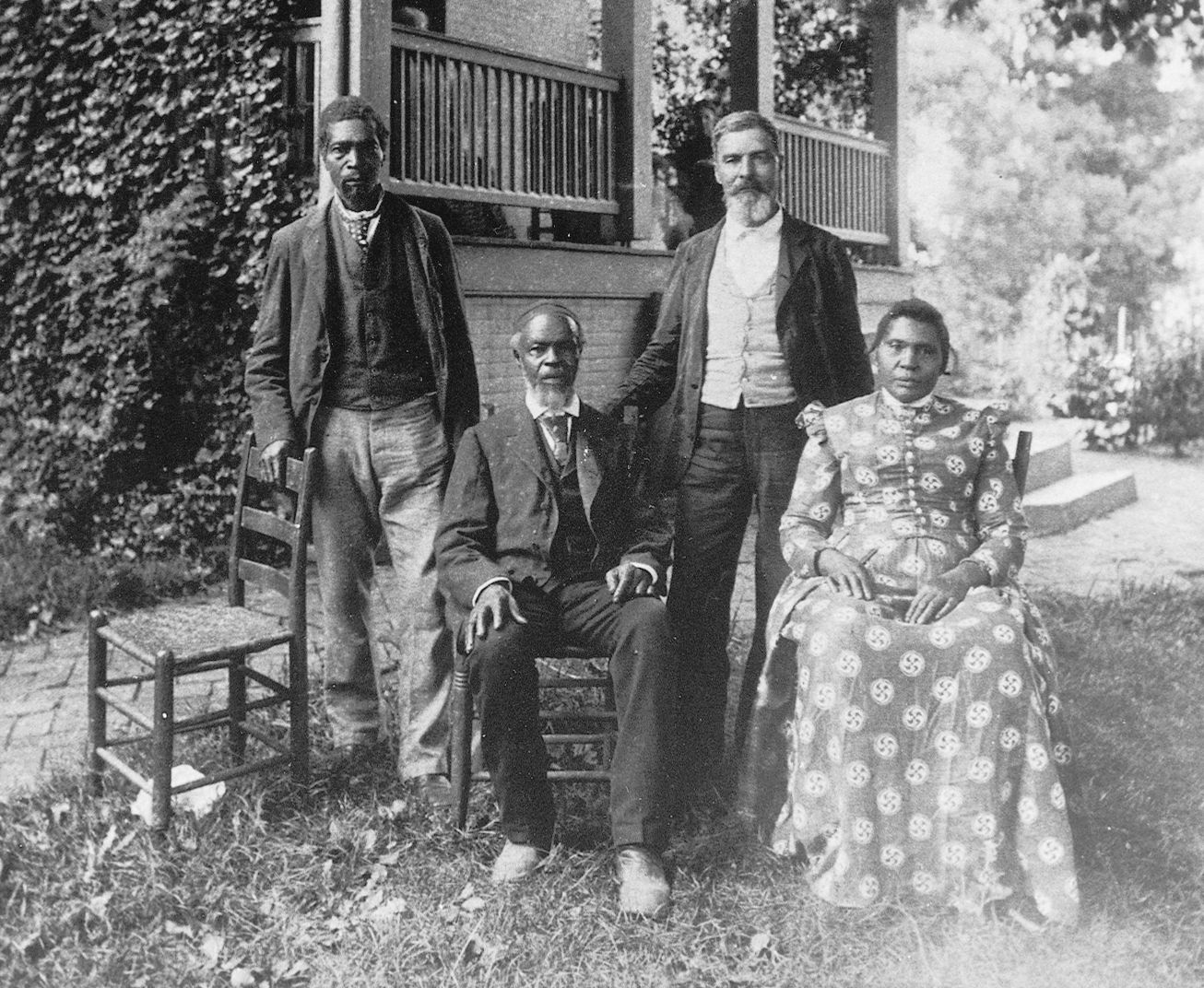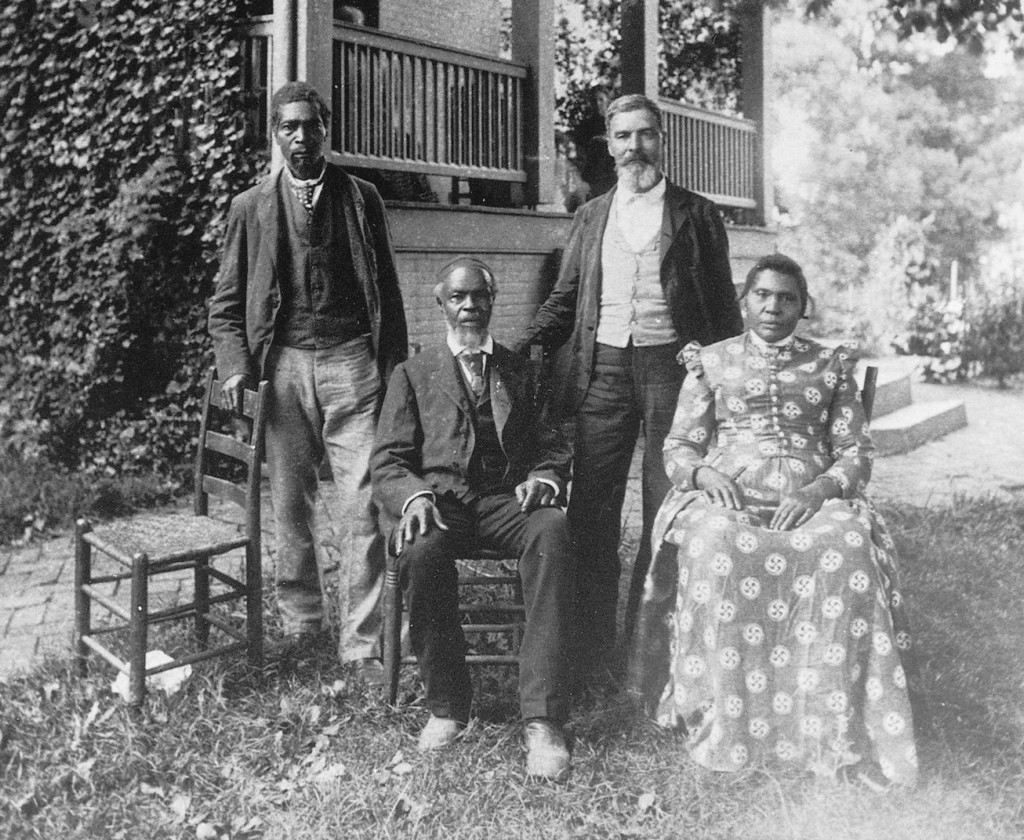by Chloe Cable
NPT Intern
Nashville Public Television’s award winning Tennessee Civil War 150 series aims to explore our state’s pivotal role in the Civil War, and is continuing to do so in its new documentary, “Wessyngton Plantation: A Family’s Road to Freedom,” premiering Friday, July 11 at 7:00 p.m. (Rebroadcast at 11:30 p.m.).
After a visit to The Tennessee State Museum and its exhibit “Slaves and Slaveholders of Wessyngton Plantation,” the series’ producers were motivated to create a documentary based on this exhibit and its inspiration, John F. Baker Jr.’s book, “The Washingtons of Wessyngton Plantation.” When he was younger, John F. Baker Jr. was drawn to a photo of Robertson County slaves in his middle school textbook. After learning that his great-grandparents were in that photo, he began researching them. This research led to more research about more family members, and after about thirty years he had accumulated information about hundreds of his ancestors. He searched family and state archives and birth and death records. He interviewed relatives and historians. Finally, he published all of his hard work in 2008, in a book that detailed the lives of his family and their strength and perseverance during their fight for freedom.
According to NPT producer Ed Jones, “Wessyngton Plantation: A Family’s Road to Freedom,” brings the book and exhibit to life. It tells the stories of many generations of the Washingtons through footage filmed on site at Wessyngton and at the exhibit in The Tennessee State Museum. The documentary also gives the history of Wessyngton Plantation and its founder, Joseph Washington, who purchased sixty acres in Middle Tennessee in 1796 to grow tobacco. The slaves who worked the fields on this plantation were very rarely sold, resulting in many generations of enslaved families leaving their mark on Wessyngton Plantation. “Wessyngton Plantation: A Family’s Road to Freedom” follows these multiple generations as they struggle to gain freedom.
“Wessyngton Plantation: A Family’s Road to Freedom” is made paossible in part by Tennessee Civil War National Heritage Area.

